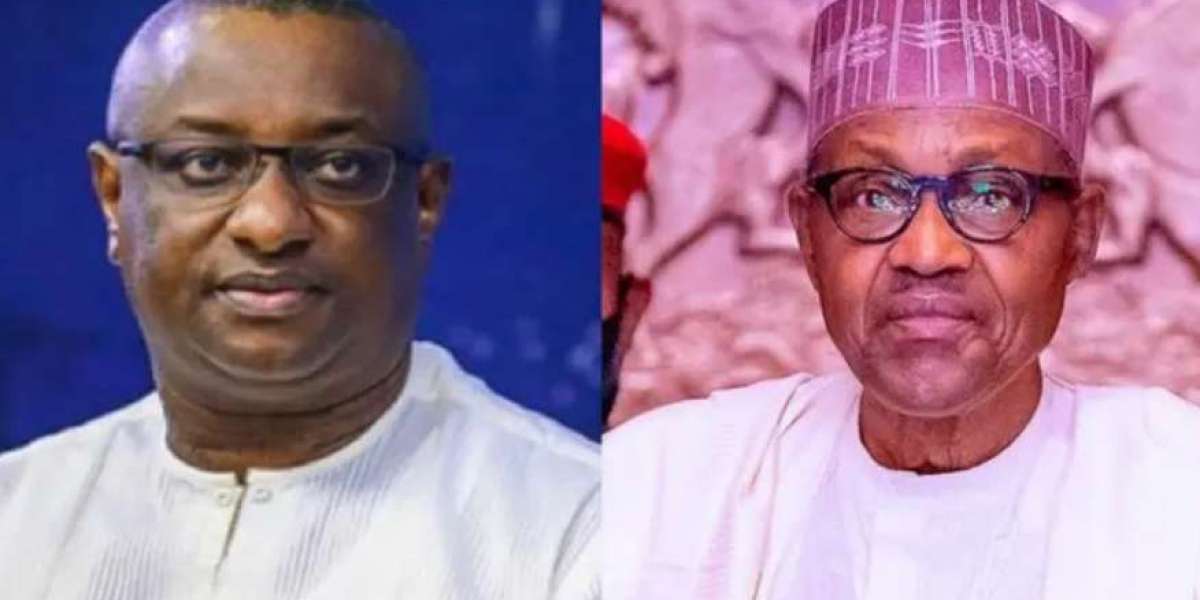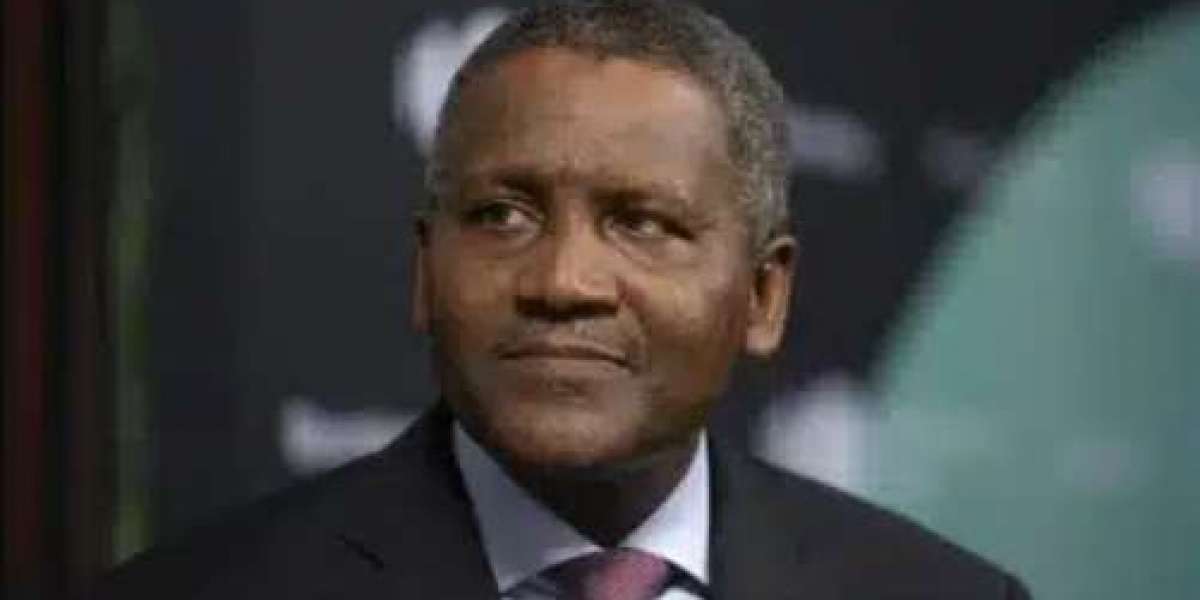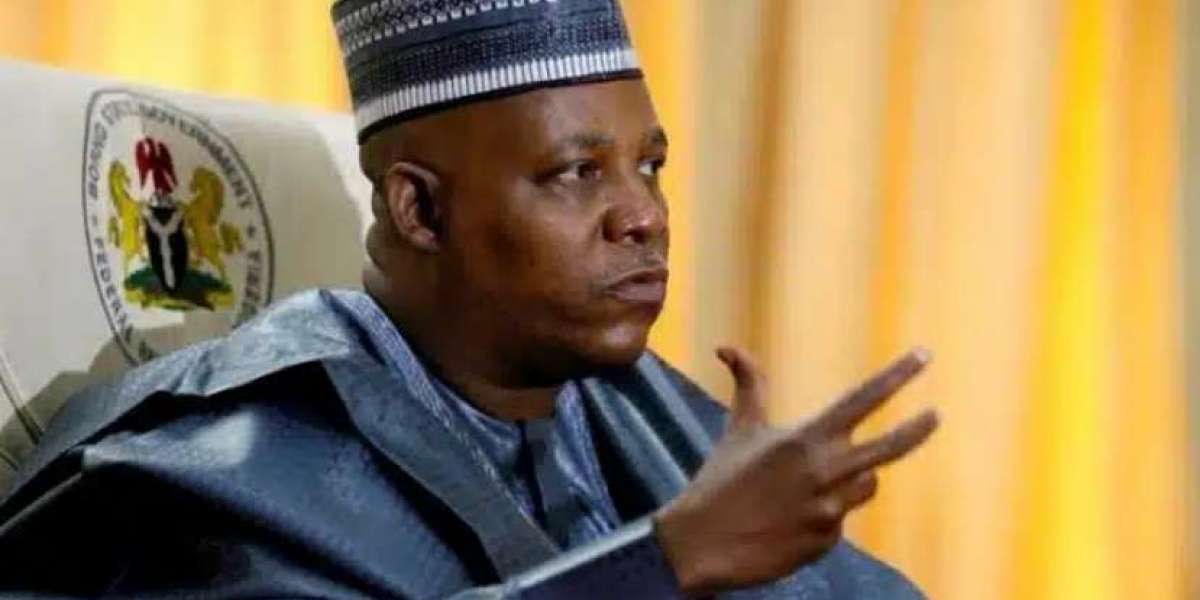This week, two cabinet members of President Muhammadu Buhari's administration discussed what they deemed to be an anomaly, if not a constitutional violation, at the highest levels of government. These members, Festus Keyamo and Ramatu Aliyu, who would have served as Ministers of State for Labour and Employment and the Federal Capital Territory for the duration of the current administration, respectively, described their designation as a violation of the Constitution, lamenting that they share in the failures of the substantive ministers despite having made no contribution to such failures.
ALSO READ: Tinubu, Shettima, and Others Were Requested to Declare Assets by May 29th
In Nigeria, the Minister of State is a euphemistic title for a subordinate minister, corresponding to the United States' undersecretary. Due to the limited number of available ministries, successive Nigerian presidents created the positions of Minister of State to facilitate political allies and loyalists. The position was created during the First Republic under the guise of forming a Government of National Unity in which members of the opposition were co-opted into government to serve under the Ministers of the governing party. Over time, the device gained root and was adopted by a cabinet comprised of the same political party.
In 2019, at the start of his second tenure, Buhari appointed 44 ministers, 15 of whom were designated to serve as ministers of state in one ministry or another. Concerned Nigerians have demanded a smaller federal government in the spirit of the Stephen Oronsaye report on public sector reforms. The 800 page white paper submitted on April 16, 2012 recommended the abolition and merger of 102 government agencies and parastatals, some of which were designated as self-funding. It added that the number of regulatory agencies should be reduced from 263 to 161. 38 agencies should be eliminated and 52 should be merged.
ALSO READ: He Wants Tinubu To Give Him A Significant Ministerial Position - Bwala
In addition, the Oronsaye white paper recommended that 14 agencies be converted back into departments within various ministries. With this report accumulating dust on a shelf in Aso Villa, the President appointed an unprecedented number of ministers of state to his cabinet. And in their valedictory session presided over by President Buhari to mark the end of this Federal Executive Council (FEC), Keyamo and Aliyu pointedly told the President that he made a mistake in designating them and their colleagues as ministers of state, emphasizing that many of those appointed in such positions by successive governments suffered in silence for fear of appearing ungrateful to the President who gave them the opportunity to serve.
Keyamo noted that the minister of state portfolio is virtually useless for many of those appointed to the position, emphasizing that the schedules of responsibilities leave so many gaping holes that ministers are frequently pitted against ministers of state. On the legal front, the senior counsel argued that section 147 of the Nigerian constitution, which establishes ministerial offices, did not create any responsibilities for ministers of state. He asserted that while the 7th Schedule of the Nigerian constitution stipulates the 'Oath of Office' that each Minister must take, "there are no distinct oaths for 'Minister' and 'Ministers of State' because they all take the same oath of office.
Aliyu opined that the designation of minister of state does not do justice to those who are appointed nor to the constituency they represent in the cabinet. According to her, "if you are appointed, if you serve your state, if you received the same training, and if you represent your people, you attend the same FEC." Why then is your voice dependent on that of another minister? Why does another minister's lack of planning constitute an emergency for you? Why are you now carrying the stigma of incompetence should he fail?"
While Keyamo has been criticized for enjoying the benefits of a "unconstitutional" position before speaking out, there are merits to his argument that the country must not overlook. His hypocrisy in not casting in the towel or returning all the salaries and emoluments received thus far should not cloud Nigerians' view of this instructive opportunity. Naija News regrets that a country in perilous financial straits would appoint and retain Ministers of State who "are largely redundant, with many attending for symbolic purposes and to kill time." How can the government motivate citizens to be productive when there is redundancy at the topmost levels of government?
ALSO READ: "We Need To Adopt Tinubu’s Style" - Presidential Candidate Declares Prior to 2027
Our interpretation of this situation is that it is consistent with Buhari's lax and cronyistic approach to government. If he had only placed square pegs in square holes, the situation would not have been so bad. Prof. Anthony Anwukah, a former vice-chancellor, was appointed minister of state for education in 2015, while columnist Adamu Adamu was made substantive minister! Adamu, whom Buhari permitted to be Nigeria's longest-serving Education minister, admitted yesterday, "When I was appointed Minister, I knew nothing about the education sector." With the benefit of Keyamo's disclosure, one could see how Nigeria was shortchanged by the absurdity of an ex-vice chancellor playing second fiddle to Adamu in the vital Education ministry.
Unfortunately, Adamu's admission is not the only instance of a defective placement. After being inaugurated in as minister of the interior in 2019, Rauf Aregbesola told ministry officials, "All I know about the ministry is from reading the newspapers." Such incompetent appointments would have been more tolerable if Buhari was the type of president who maintains a close eye on his appointees and reshuffles or replaces them as needed. Babatunde Fashola, minister of works and housing, recently remarked that Buhari "is the type of football coach who will prepare his team, then sit in the dugout and watch them play for 90 minutes." Politicians will always speak in jest, thus the "prepare his team" phrase.
Regardless of Keyamo and Aliyu's motivations for speaking out at this time, the incoming administration stands to benefit from their opinions. Although the Nigerian Constitution stipulates that ministers must be drawn from each of the 36 states, it would be inefficient to create 36 or 37 ministries if the FCT is also to be considered. Those with the least experience can serve as ministers of state in complex ministries. However, key performance indicators and periodic peer review mechanisms should be implemented so that underperforming ministries can be redeployed as ministers of state and vice versa for those who prove their worth. This will be sufficient motivation for cabinet members to be diligent and result-oriented.




Agu Ngozi 2 yrs
It is well